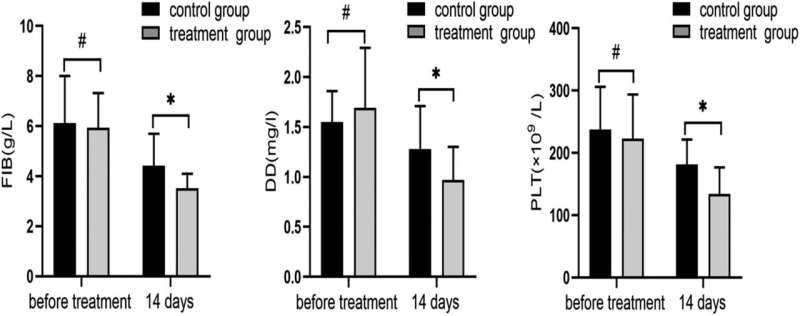This article has been reviewed according to Science X's editorial process and policies. Editors have highlighted the following attributes while ensuring the content's credibility:
fact-checked
trusted source
proofread
Ginkgo biloba compounds found to improve cognitive function following stroke

Ginkgo Diterpene Lactone Meglumine (GDLM), a group of organic compounds that derive from the Ginkgo biloba plant, can improve cognitive function in patients who recently experienced an acute ischemic stroke, according to new research. The study is the first to examine the potential of GDLM for improving cognitive function in acute ischemic stroke patients.
During a stroke, impaired blood flow to the brain results in oxygen deprivation and an inflammatory response which ultimately leads to neuronal cell death. Consequently, cognitive impairment is common in stroke patients and can significantly affect their quality of life and independence. While drugs are available to slow the progression of such impairment, they can lack efficacy and present safety issues. Safe treatments for cognitive impairment in the early years after a stroke are urgently needed.
GDLM could have the potential as such a treatment. Ginkgo biloba, from which it derives, has been used in traditional Chinese medicine to treat cardiovascular disease, and GDLM itself has been shown to inhibit platelet aggregation and thus reduce blood clotting.
Professor Xianghong Liu of Xi'an High Tech Hospital, China, and colleagues recruited 126 stroke patients for their study. Half the patients were treated with 25 mg of GDLM per day for 14 days, as well as receiving standard care, while the other half acted as a control group and received standard care alone. Over the next three to six months, the researchers performed a variety of tests on the patients, including measurements of inflammation and coagulation markers and assessments of cognitive function.
Levels of inflammatory markers fell in both the GDLM group and control group over the first 14 days, but the reduction in inflammation was greater in the GDLM group. Levels of coagulation markers had also dropped significantly in the GDLM group by day 14, but not in the control group, suggesting that GDLM treatment has an anti-coagulant effect. As blood clots often contribute to the blood vessel blockages that cause stroke, anti-coagulant effects are useful in the aftermath of a stroke.
Both the GDLM and control group demonstrated a reduction in cognitive function after the stroke; however, between three and six months afterward, it began to improve again, with the GDLM group making greater progress than the control group.
Overall, GDLM treatment was well tolerated by the patients. This, together with the evidence of anti-inflammatory, anti-coagulant, and cognitive efficacy presented by the study, suggests that further research is warranted to determine whether this plant-derived therapy could become a treatment for acute ischemic stroke.
The study is published in the journal Open Medicine.
More information: Meini Zhang et al, Effectiveness of ginkgo diterpene lactone meglumine on cognitive function in patients with acute ischemic stroke, Open Medicine (2024). DOI: 10.1515/med-2024-0908



















